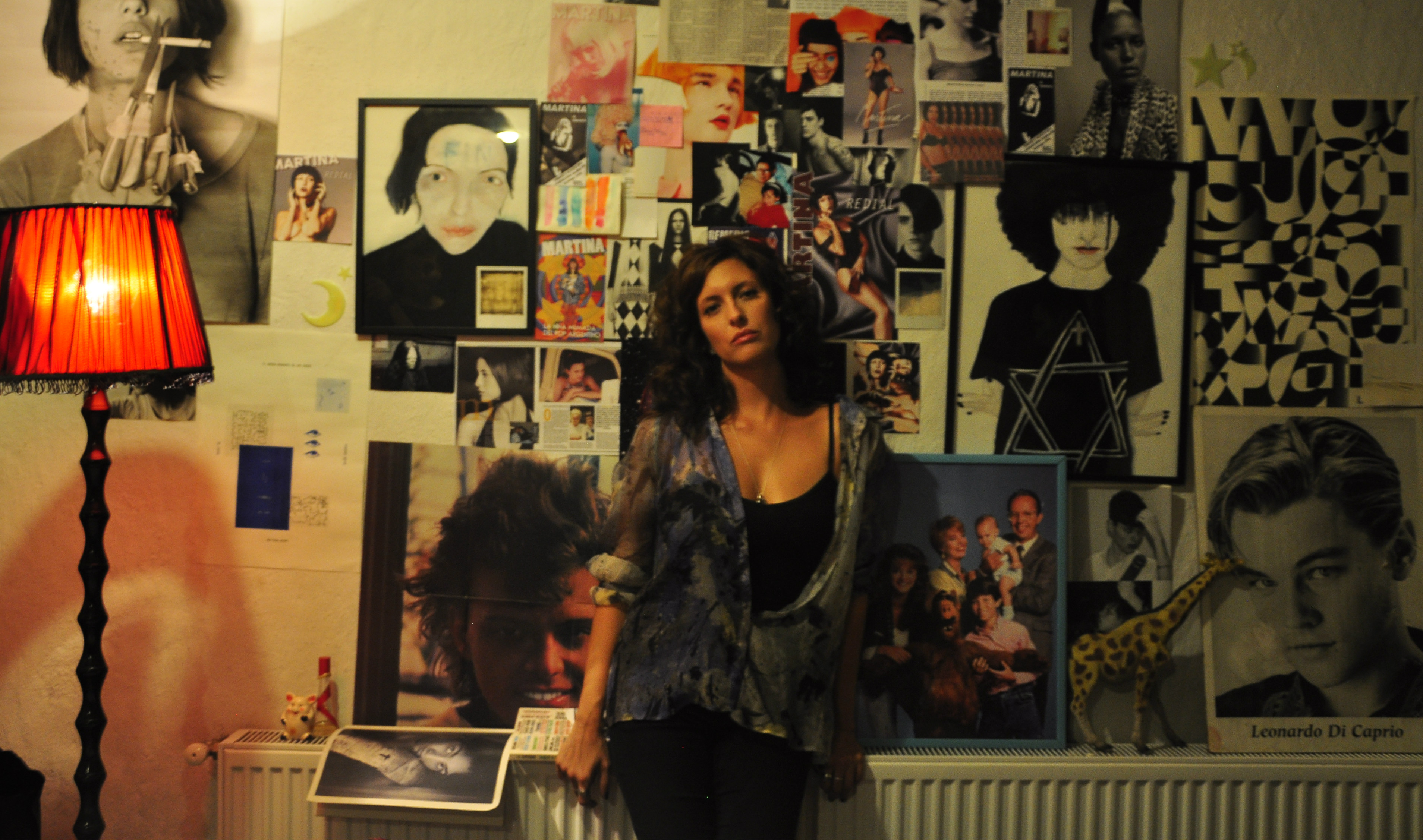‘Dry Martina’ Director Che Sandoval on Sanfic Competition Title
By Jamie Lang
LOS ANGELES (Variety.com) – SANTIAGO, Chile — Chilean director Che Sandoval is best known for his Latin American mumblecore indie films, where he amassed credentials which are on display, this time with a bigger budget and professional actors, in “Dry Martina,” participating in the international competition at this year’s Festival in Santiago, Chile.
Martina, a middle-aged singer from Argentina, has lost her mojo, her passion for performing and is losing her father to poor health, and her partner to disinterest. Unable to perform on stage or in the bedroom, Martina is afraid all is lost until one day, an enthusiastic stranger shows up claiming to be her half-sister, along with her boyfriend, who stirs something inside of Martina which sets her on a path of discovery and awakening.
Produced by Chile’s Forastero with Argentina’s Rizoma films co-producing, “” is the director’s third feature following “Much Better Than You,” an alcohol-fueled Mumblecore look at inept masculinity, set against Santiago nightlife, and his debut, “You Think You’re the Prettiest, But You Are the Sluttiest.”
Sandoval talked to Variety in Santiago about the film, writing for a female protagonist and the second wave of young Chilean directors making films for international audiences.
Do you see yourself as part a new generation of Chilean filmmakers? Are there any characteristics you see that define that group?
Chilean cinema, with the appearance of digital in the early 200o’s and after many years with little film production, began a new era. At that time, I followed with the likes of directors Sebastián Leilo and Matías Bize. It was clear that there was a new generation of Chilean cinema, whose figures are now kicking 40. So then came this whole new group from different universities that had film courses. That was something new. I feel part of that second group, which seems to continue drawing new directors. I am Dominga Sotomayor’s age, who just won best director at Locarno, which is an immense achievement. I think that Chile is at a very prolific time. There is a generation of young directors who are already making their second and third films, and we are perhaps reaching a more mature stage, whereas the first films were more intuitive
What were the challenges in writing for a female lead, and did you have help finding Martina’s voice?
It was a challenge but maybe not so conscious a one. When I wrote the movie, the Metoo movement didn’t exist yet. So I did not write with one eye consciously on that movement, and I think it was a good thing because I wrote it without prejudice. That gave me freedom. And, yes. I had help. I had a script consultancy in which the writer María José Viera Gallo was involved, and also because of the way I work with actors, Antonella Costa (Martina) also contributed a lot. The truth is that I believe cinema is a work of large collaboration. I encourage everyone to contribute.
This movie plays a lot with language, dialects and vocabulary. Why was it important to have such an international cast?
I am Chilean, but I’ve lived in Buenos Aires for six years, and I have always been interested in speech. My previous films were very Chilean (in dialect). With this film, because of the larger production values, I had to yield and go with a more neutral language. In my previous films the speech of the characters was very specific. There was a value there, but it was a less exportable product because sometimes it was not understood, even in other countries in Latin America.
How do you balance your indie filmmaking style while also doing something that can be a commercial success?
My previous films are definitely more independent, and with actors that are not only not famous, but not even professional actors. That gave something raw to my movies, but at the same time they were products that were very difficult to sell internationally. In this film, both my decision and the producers’ was to use a similar cinematic style, but with more budget. We wanted to raise the production values. Making this film, I realized that my style was not dependent on the independence of the film, the camera in hand, or the non-professional actors, but it was linked more with the characters. It was nice to discover that. I think this movie has bigger production values but the heart of my previous films.

